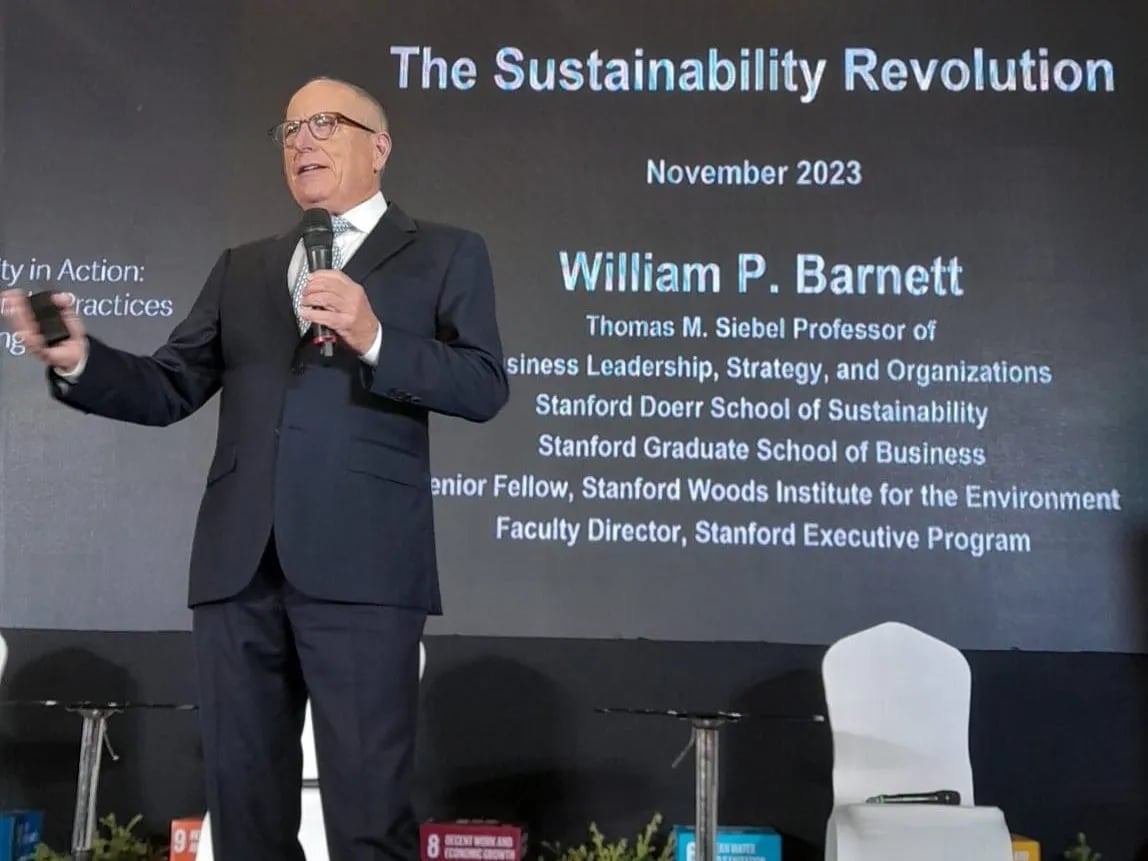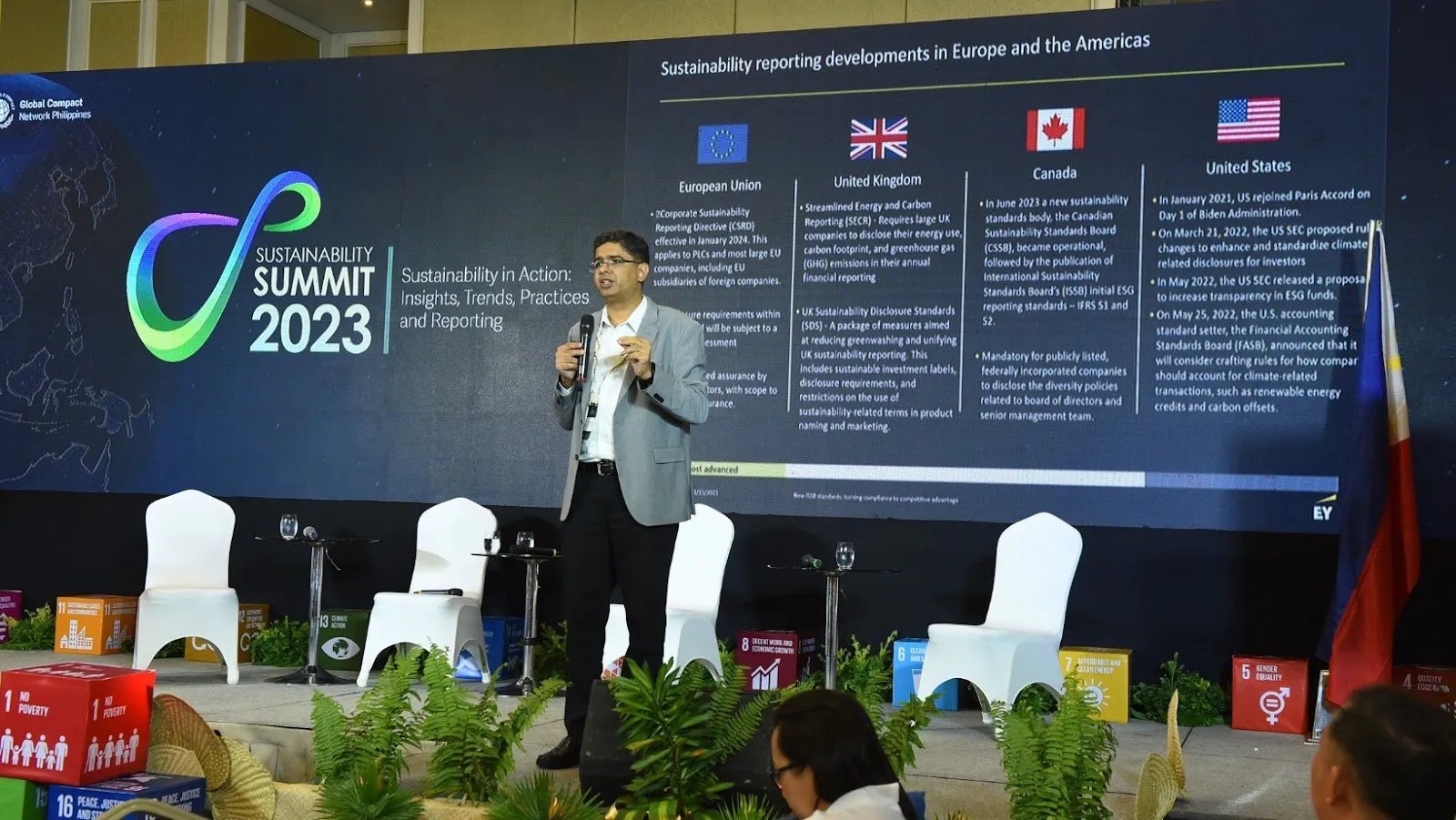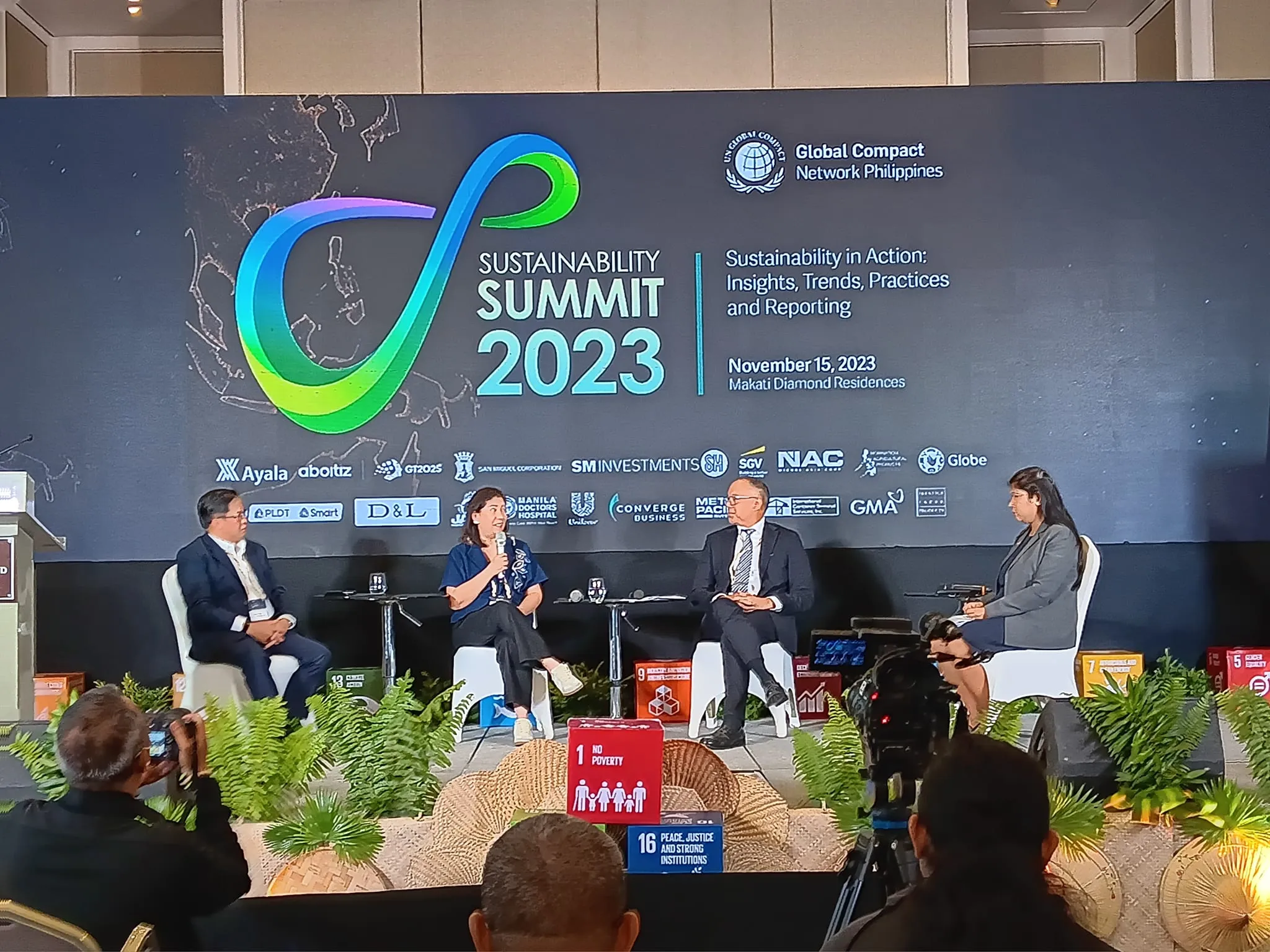The 2023 Sustainability Summit of the UN Global Compact catalyzed change by illuminating crucial insights that demand immediate action and unified commitment. From urgent calls for collective action to revelations about climate injustice, the summit echoed messages that redefine the roadmap to a sustainable future. Here are some of our key takeaways.
The Sustainability Summit
Held on 18 – 19 September at the UN Headquarters in New York, the Sustainability Summit served as a platform for leaders to discuss the 17 Sustainable Development Goals (SDGs) of the 2030 Agenda for Sustainable Development, which came into force on 1 January 2016. With a 2030 deadline looming on the horizon, the aim was to stimulate difficult conversations amongst political and business leaders the world over.
The SDGs were created by the UN to address global poverty, climate change, and inequality. In 2015 the proposed SDGs were adopted by all of the 193 UN Member States, after which annual summits were held to track the actual progress against the goals of the 2030 Agenda.
Urgency of Collective Action
The imminent need for collective action was a resounding message at the summit. It was increasingly clear that our current trajectory should be revised to meet the ambitious UN SDGs by 2030. The rallying cry echoed: “There is no Planet B. The time for action is now.”
Business Responsibility and Impact
The summit spotlighted a fundamental shift in business ethos. Leaders across industries championed impactful sustainability initiatives, advocating for a transformation in corporate DNA. By emphasizing the integration of Environmental, Social, and Governance (ESG) principles into business strategies, the focus was on creating value while minimizing environmental footprints. Insights on profitability intertwined with sustainability, which confirmed that sustainability is an imperative for business, not an optional add-on.
Climate Injustice
William P. Barnett of the Stanford Doerr School of Sustainability was asked what kept him up at night. He responded, “What is the price we pay? In the US, we pay for climate adaptation with money. In the Philippines, you pay with your lives”.

The impact of global warming varies worldwide. Nations in the Global South, the Philippines included, are particularly vulnerable to the consequences of climate-altering emissions generated by the industrial powerhouses. Whether through blatant non-compliance or continued ignorance, the effect of global warming will remain a concern until change occurs on a macro level.
Community Engagement and Education
Thought-provoking questions arose, challenging the leadership and communities’ readiness for sustainability. The following question still lingers: “If your people don’t prioritize sustainability, what does that imply about your leadership?”

The summit reiterated the pivotal role of engaging communities and nurturing a culture of sustainability. Education, readiness, and inclusivity emerged as cornerstones for progress, cementing the notion that sustainable practices thrive on community involvement and understanding.
Accountability and Transparency
Echoes of accountability reverberated throughout each discussion. Speakers urged attendees to be catalysts for change, reminding them that true progress is uncomfortable and demands continuous evolution. The summit stressed the need for forward-looking sustainability reporting, calling for a form of communication that resonates with the digital audience, built on awareness, acknowledgment, and appreciation – a language that everyone will understand and embrace.
Keeping the Momentum
Listening to the various leaders of sustainability practices highlighted how much Boldr has accomplished, but also how much work still lies ahead for us as an ethical outsourcing company. Sustainability is not an isolated endeavor managed by a single group. Instead, it should be woven into every facet of a business.
To ensure representation from each department to champion their respective areas, we will be establishing a Boldr Sustainability Committee. The committee aims to move from a model of leading through direct action (doing it ourselves) to leading through design (establishing systems for universal participation).
We hold dear to these final thoughts from Rondell Torres, the Philippines Sustainability Lead at Unilever, “What we have is not perfection, but the stamina to keep going.”
Chay Ama is the Knowledge Management Coordinator at Boldr. Her experience in organizational communication, marketing, customer service, social media, photography, styling, and visual storytelling earns her the self-proclaimed title “jack-of-all-trades.”

